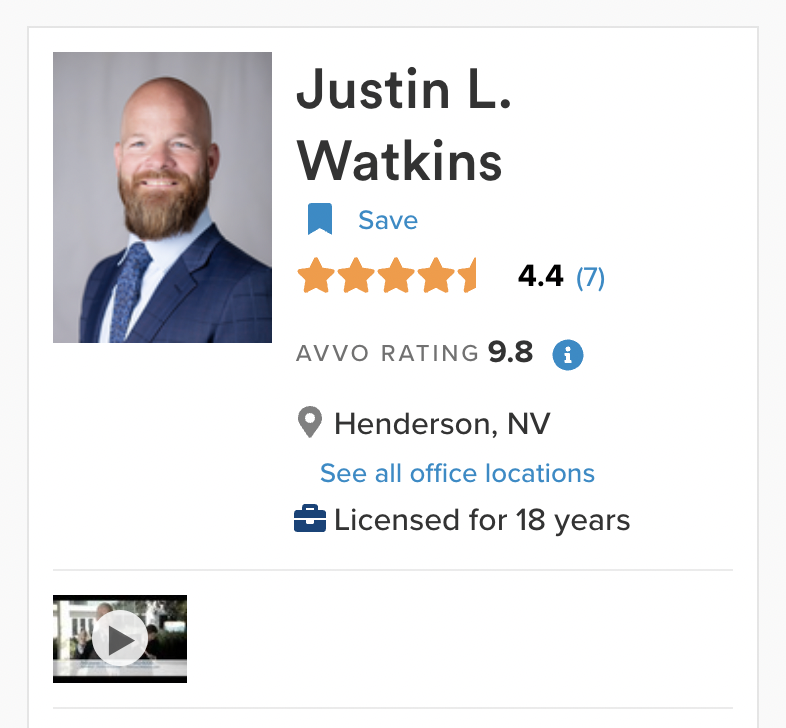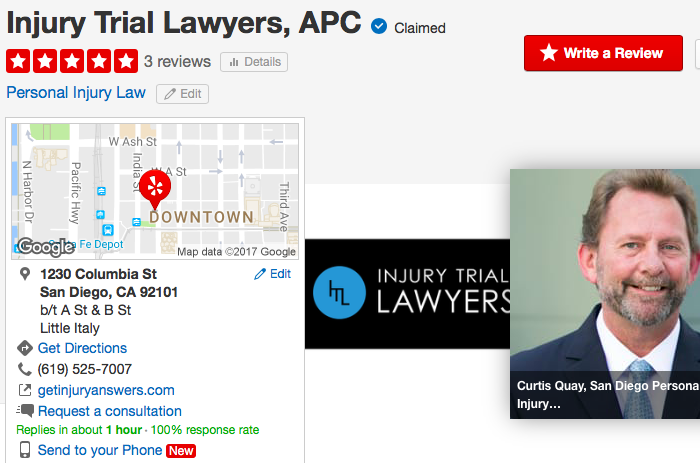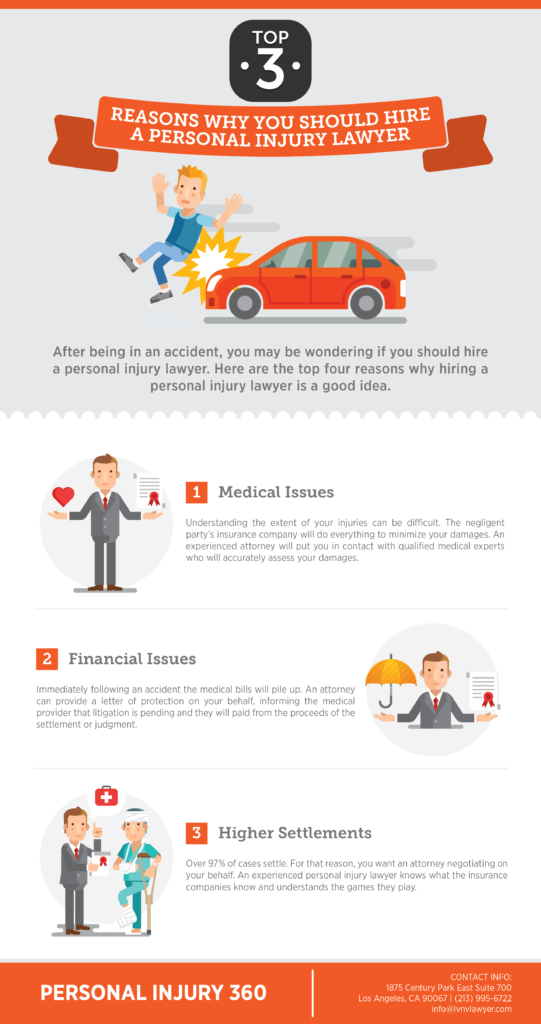When Do I Need to Hire a Personal Injury Lawyer?
Not all accidents require the help of a lawyer. If you suffered mild injuries in a straightforward accident with uncontested liability, you can likely handle your own claim. However, it can be unclear when you need a personal injury lawyer’s expertise or if you even have a case.
Without legal representation, it can be easy to make mistakes that harm your claim. Once a settlement agreement with the insurance company is signed, it’s final. That means you can’t seek additional money if your injuries turn out to be more serious.
With so much at stake, it’s crucial to know when you need a personal injury attorney so you can be represented as soon as possible. Here are common circumstances in which you should always speak with a lawyer before communicating any further with the other party.
You Suffered a Serious Injury
The more serious your injuries, the more your case is likely worth.
Serious injuries may involve:
- Substantial medical bills
- A lengthy recovery
- Long-term disability
- Diminished earning capacity
- Significant non-economic losses like pain and suffering
The insurance company has a great incentive to scrutinize and delay your claim, blame you, and find other ways to minimize or deny a payout.
After a serious injury, you depend on the settlement to not only replace your lost wages and cover medical bills but potentially pay for lifelong medical care.
An experienced personal injury lawyer will make sure your case is valued accurately and negotiate on your behalf. Your lawyer will defend you against unfair insurance company tactics and fight for the full compensation you are owed.
Liability Is Shared or Unclear
Legal representation becomes critical if there’s uncertainty about who is at fault or if multiple parties are involved. Insurance companies often exploit murky liability to reduce payouts. The insurance company might try to shift the blame to you or other parties.
States vary in how they handle shared fault in personal injury cases. Some states use a comparative negligence standard, while others use contributory negligence. In the few states with a contributory negligence rule, any fault assigned to you will bar you from recovering anything.
Under a comparative negligence rule, you may still be entitled to compensation. However, it will be reduced according to your share of fault. Depending on the state, you may still be barred from recovering compensation if you are at least or more than half at fault.
A personal injury lawyer will carefully investigate your accident, gather evidence, and work with experts to make liability as clear as possible. Your lawyer will defend you against unfair blame-shifting tactics and help you hold the responsible party accountable.
Your Injury Claim Was Denied or Undervalued
Insurance companies are in the business of minimizing payouts.
The insurance company may undervalue your claim or deny it outright by claiming:
- You are not as injured as you claim
- Your medical expenses were unreasonable or unnecessary
- Your injuries were not caused by the accident
- You have pre-existing conditions that caused or worsened your injuries
If you receive a settlement offer, it may not even fully cover your medical costs, let alone your other losses. An experienced lawyer understands the tactics insurance companies use to minimize payouts. They know how to negotiate effectively and will not be intimidated by the insurance company’s attempts to undervalue your claim.
Your lawyer can meticulously document your injuries and associated costs, negotiate on your behalf, and file an appeal of a denied claim. If necessary, your lawyer will take your case to court to ensure you receive the compensation you deserve.
Your Case Involves a Complex Area of Personal Injury Law
Certain personal injury cases involve complex and specialized areas of law.
Examples include:
- Medical malpractice: Proving negligence demands an understanding of both legal and medical principles.
- Product liability cases: Injuries caused by defective or dangerous products require knowledge about manufacturing standards and regulations.
- Catastrophic injury cases like spinal cord injuries: Calculating future losses and non-economic damages is essential and complicated.
- Cases involving government entities: Different rules and timelines for filing a claim apply.
These cases involve unique laws and decades of specialized legal precedence. Expert testimony is often needed.
Contact a Personal Injury Attorney For a Free Consultation To Discuss Your Claim
Not all accidents require hiring a lawyer, but knowing when you do need representation is critical. Hiring a lawyer can greatly impact your recovery and financial future. With a skilled personal injury lawyer, you stand a greater chance of recovering the full compensation you need.












